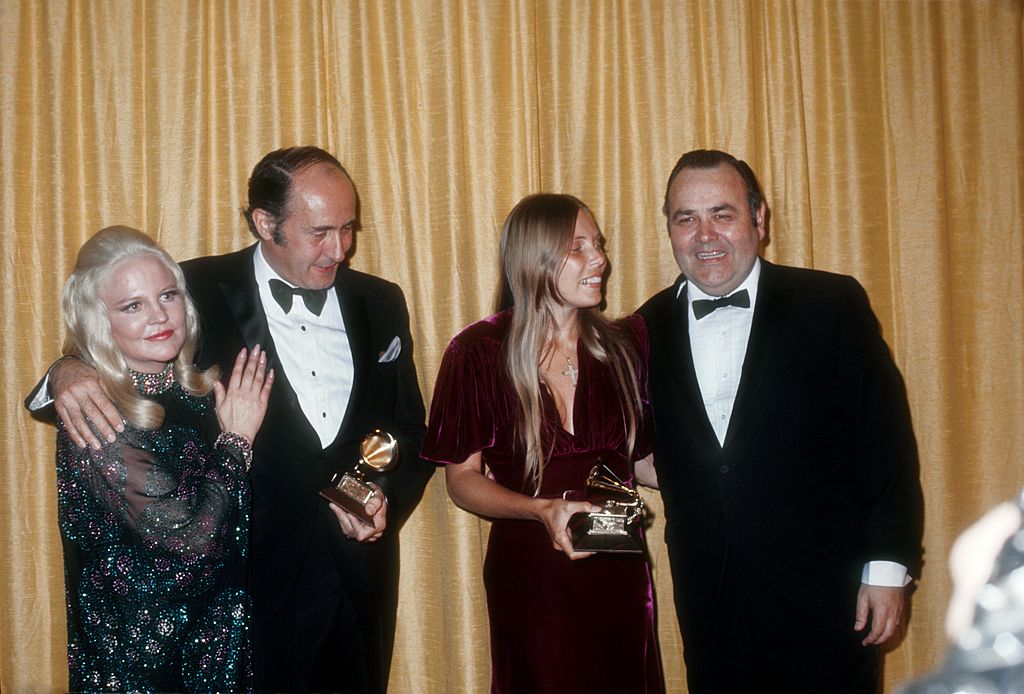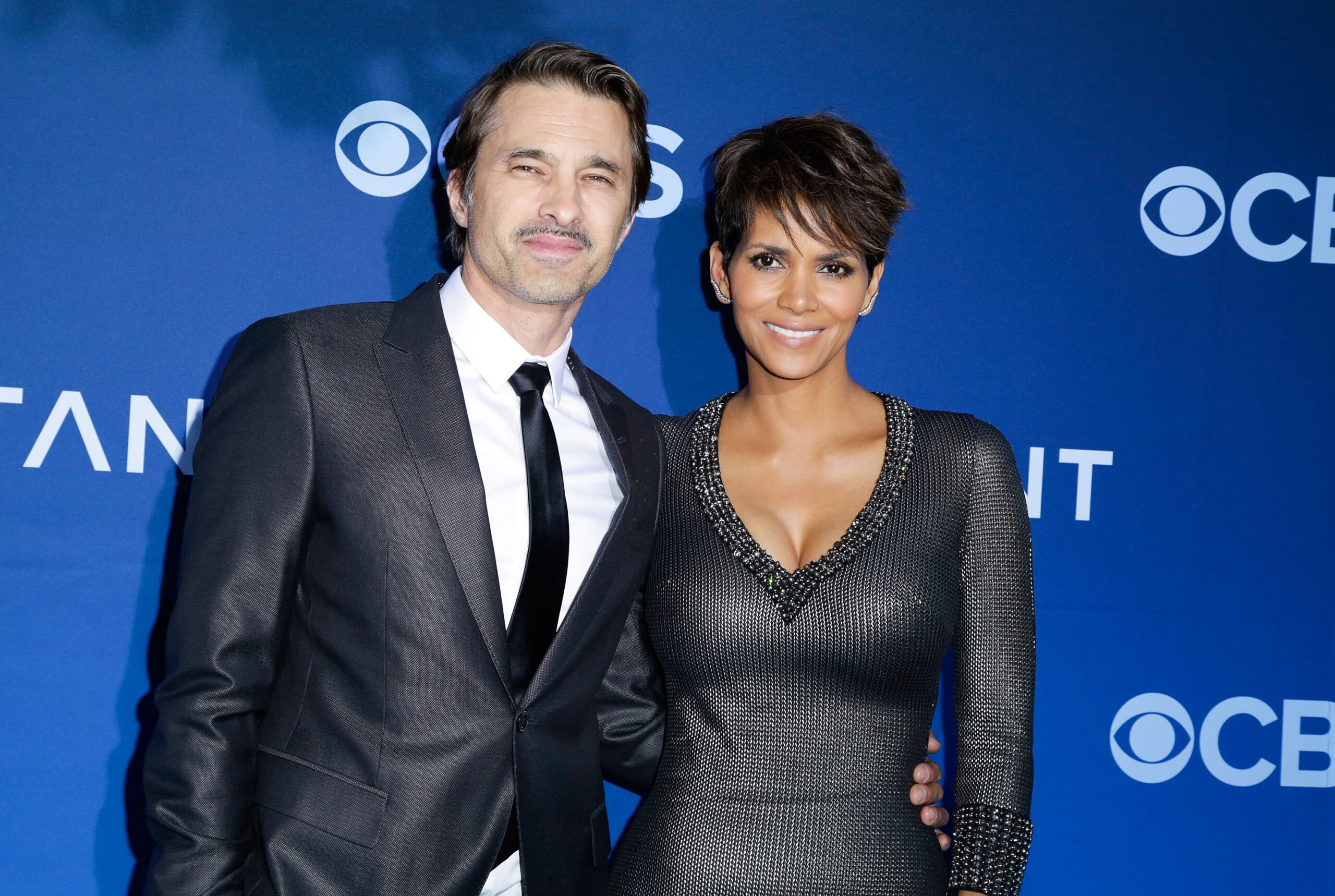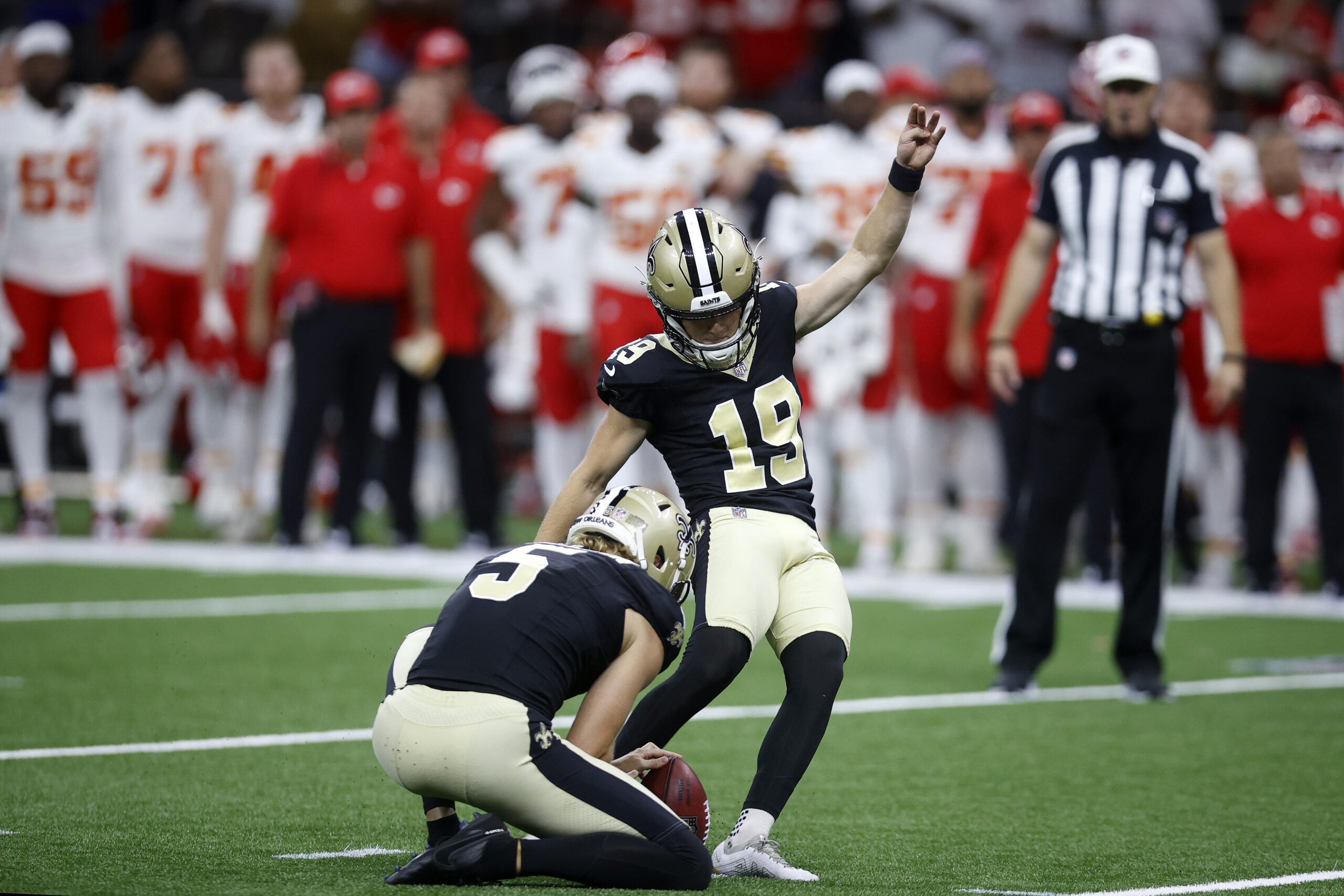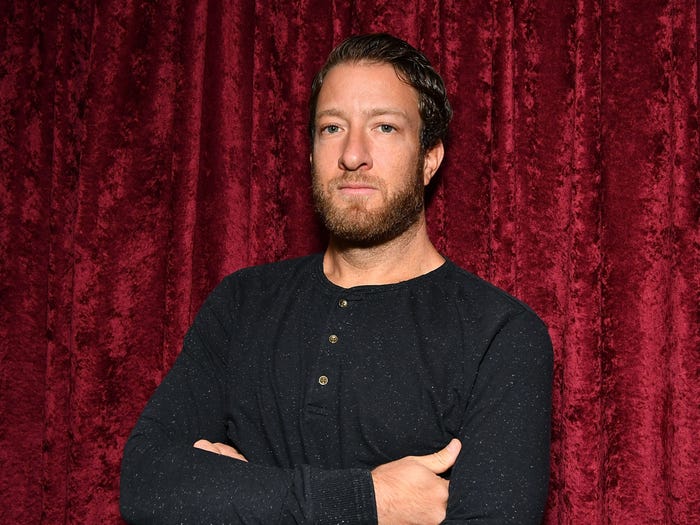For those who haven’t noticed, there’s been a rush on buying legendary artists’ musical catalogs recently.
(Some of them forgot they sold it when demanding Spotify take them down…)
Anyways…. in the past few months, entire (or almost entire) catalogs from musicians like Bob Dylan, Whitney Houston, The Beach Boys, Bruce Springsteen, David Bowie, ZZ Top, and about a dozen more have sold from tens of millions to even hundreds of millions of dollars.
Why? Writer Ted Gioia has a few thoughts.
In a new article, Gioia presents the question: is old music killing new music?
That thought may seem silly at first glance. Artists like Taylor Swift, BTS, and Adele have huge followings, don’t rely on cover songs, and have practically brought the vinyl and CD formats back to life.
But with a deeper look, Gioia may be onto something.
According to the MRC Data report, “For the first time since MRC Data began tracking streaming music in 2008, the audio streaming of Current music (music released less than 18 months ago) actually declined.”
The report continues, “This led to a significant increase in Catalog’s share of the audio-on-demand streaming universe, with 70% in 2021 vs 65% in 2020, as consumers reconnected with old favorites or discovered them for the first time through platforms like TikTok.”
In addition, older musical formats grew. In an age when streaming seems to be the biggest deal in music, vinyl and CD formats rose for the first time in years.
The MRC Data report adds, “Vintage music formats took on new relevance in 2021 too, as vinyl album sales outpaced CDs for the first time in MRC Data’s history (since 1991). Vinyl album volume increased a whopping 50.4% YOY and finished the year with 41.7 million versus CD album volume at 40.6 million. This included the first week in MRC Data history that saw vinyl sales in excess of 2 million copies, with 2.11 million albums sold the week ending Dec. 23 as consumers stocked up for the holiday season.”
According to Insider Radio, “In 2018, the year’s 200 most streamed songs were responsible for nearly 1 in 10 of all streams that took place, a new analysis from MRC Data shows. But by 2021, that number declined dramatically to less than 1 in 20.”
So, what does this mean?
Anecdotally, how many songs are impacting culture in ways that, say, 50 years ago The Beatles, The Rolling Stones, The Doors, Dylan and other acts did?
Sure, Adele is selling more albums than anyone can reasonably count. But do you know any of the names of her songs? Adele’s 2015 song “Hello” remains a constant, but do most fans of music know any other of her titles since then? Maybe some do—maybe.
Gioia also notes that viewership for the Grammys has dropped more than 30 million people in a ten-year span. Yes, more people watch clips or follow big awards shows on social media, so those numbers may be skewed. But 40 million viewers in 2012 and 8.8 million in 2021 is a big, big drop.
If we look back to the list of artists whose catalogs are being bought in the tens or hundreds of millions, many of them are in their 60s, 70s, or 80s. Perhaps this signals a last-ditch attempt at a payday before these artists pass away into old age. But maybe the record companies know something else.
Namely, how valuable these songs are in an age when work is less memorable. Sure, artists like Billie Eilish and Olivia Rodrigo are huge. But how many songs of theirs can you name off the top of your head? Two?
Gioia wonders what people do when they walk into their local record store? Do they buy the newest albums, or do they look for vintage or re-pressings of their parents’ favorites?
“Record stores,” the writer says, “are caught up in the same time warp. In an earlier day, they aggressively marketed new music, but now they make more money from vinyl reissues and used LPs.”
Gioia presents reasons for this shift—record companies fear of discovering new talent (for the work it takes) or the worry that if they listen to a demo they might be sued if something resembling that demo finds its way into another established artist’s song— but the answer may not be clear.
Radio, too. If one puts on a jazz station or a rock station, how many of the songs that come on will be “classic” versus new? DJs program shows based on listeners’ tastes. And, it would seem, people often want the old hits.
In an era when people are very sensitive and perhaps ready to pounce on any new artist for being “offensive,” perhaps the only way to look is back, not forward. We’ll see if this trend continues, but as Gioia says, it’s not that there is less talent or fewer people playing music or writing songs, it’s more that they aren’t being developed.
“The problem,” Gioia concludes, “isn’t a lack of good new music. It’s an institutional failure to discover and nurture it.”
Read the full article here.





